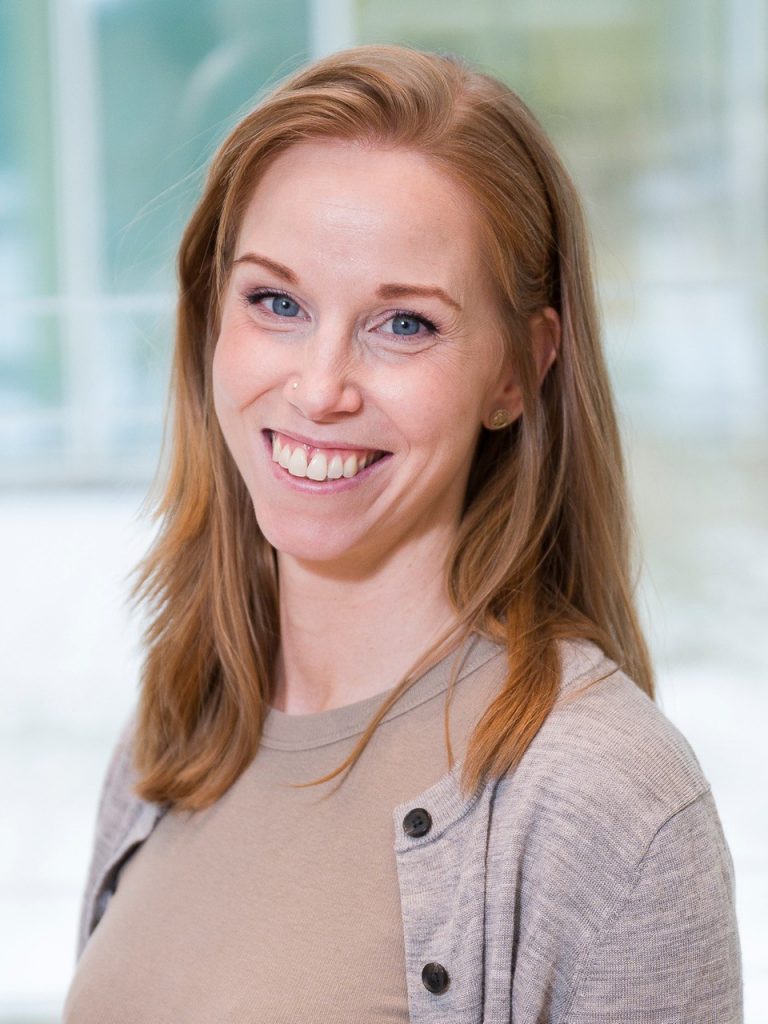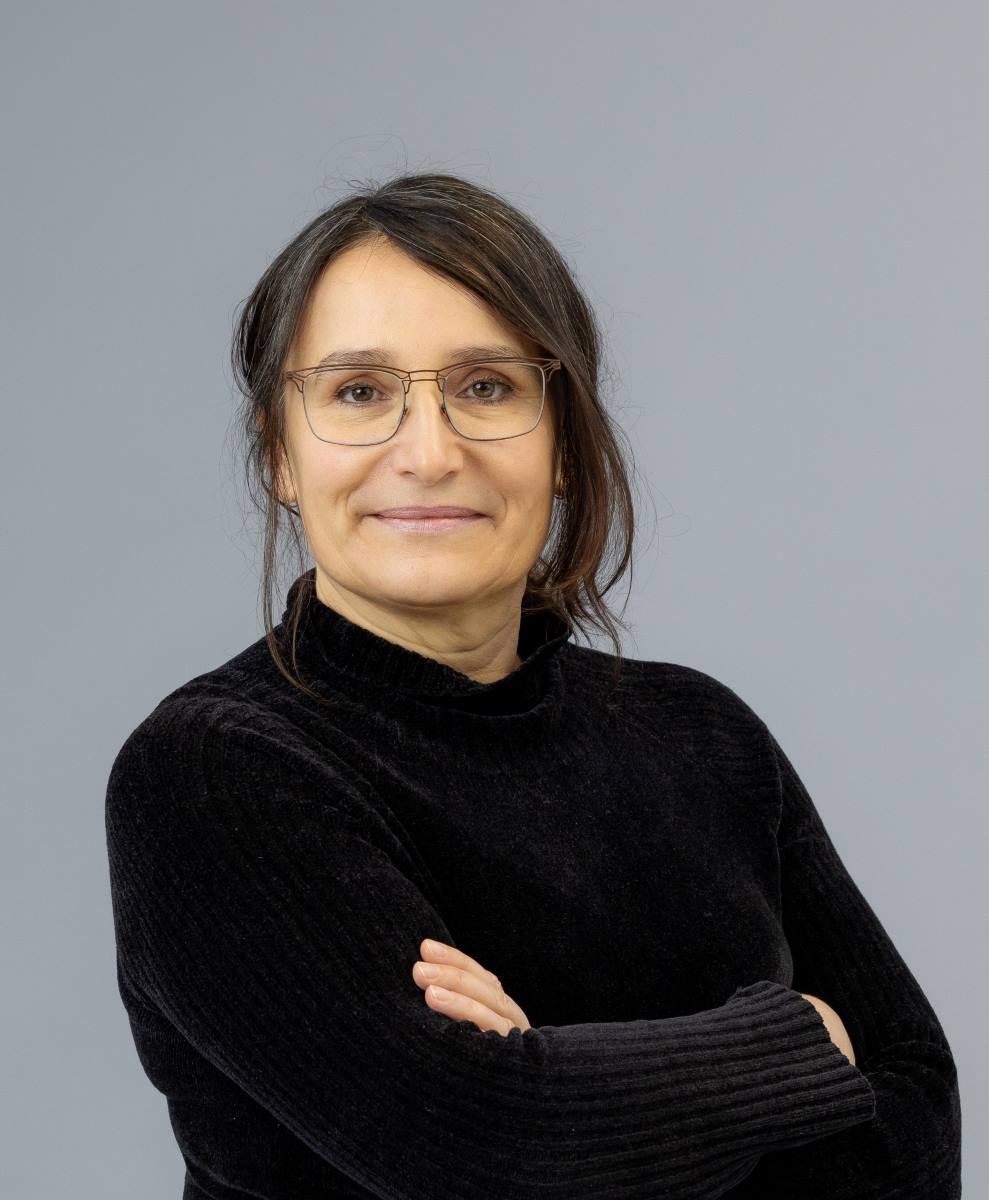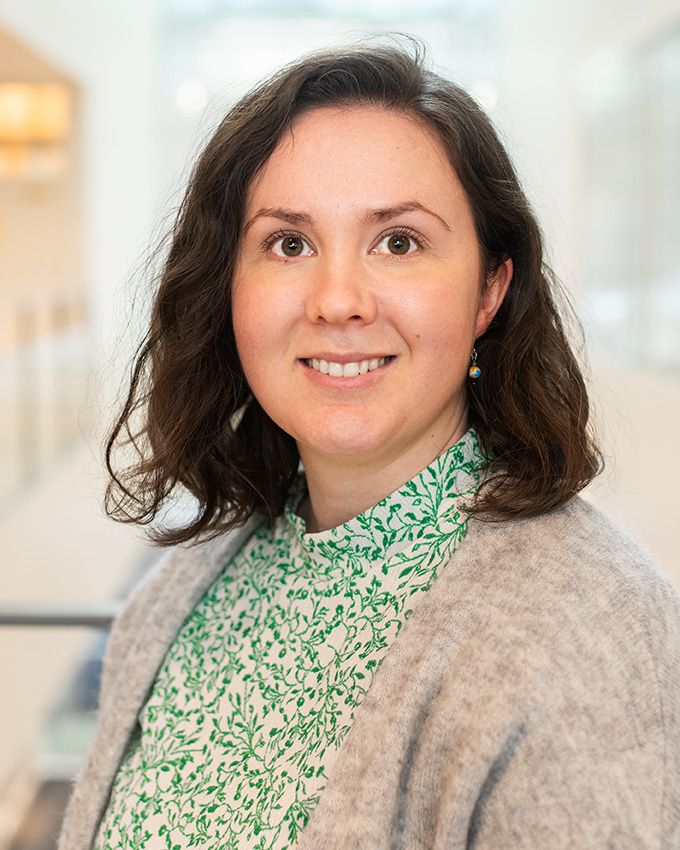European Guest Session: Norway
Wednesday, 10.9.2025, 1:00 pm – 2:00 pm
Chair: Henrik Mei
The European Guest Session is to promote international networking and to foster multinational collaboration within the cytometry community. In 2025, we are looking forward to welcome the Norwegian Society for Cytometry. Next to an introduction to, history and present state of the Norwegian Society for Flow Cytometry and the flow cytometry community in Norway, the session will feature speakers covering implementation of high-dimensional mass and spectral cytometry for the study of autoimmunity, cancer, and immunotherapy.

Idun Dale Rein, PhD
Introduction to history and present state of the Norwegian Society for Flow Cytometry and the flow cytometry community in Norway.
Position: Unit Leader/Core Facility Manager, Flow Cytometry Core Facility, Oslo University Hospital, Elected President/Leader of the Norwegian Society for Flow Cytometry
Biography: Dr. Idun Dale Rein is a scientist specializing in flow cytometry. She leads the node at the Institute for Cancer Research at Oslo University Hospital Flow Cytometry Core Facility. This node has 3 FTE, almost 200 users, 3 cell sorters, and 5 analyzers. Responsible for a biannual 5-day PhD-course in flow cytometry at the University of Oslo,
Educational Background: Dr. Rein earned her PhD in Biomedical Sciences from the University of Oslo, focusing on cell cycle analysis and DNA damage. Her doctoral research involved advanced flow cytometry techniques and their applications in biomedical research. Dr. Rein’s work supports research in cancer and other areas of biomedical science.
Research Interests:
- Flow Cytometry
- Mass Cytometry
- DNA Damage
- Cell Cycle Analysis

Sonja Gavasso
University of Bergen, Faculty of Medicine, Department of Clinical Medicine & Haukeland University Hospital, Bergen, Norway
High-dimensional immune profiling reveals durable reprogramming following aHSCT in multiple sclerosis
In will present and discuss immune signature changes in blood of relapsing-remitting multiple sclerosis patients undergoing autologous hematopoietic stem cell transplantation (aHSCT), give a brief overview of the rational of aHSCT in autoimmune diseases and a short summary of what we think we know and observe today. I will present our suspension mass cytometry set-up and running protocol for collecting over 200mill events over a short time. Finally, I will present the most interesting results in our new data and propose possible mechanisms of aHSCT.
Biosketch
Currently: Senior Researcher at NeuroSysMed, center of excellence in clinical trials in neurology, and Project Leader at the University of Bergen, Faculty of Medicine, Department of Clinical Medicine & Haukeland University Hospital, Bergen, Norway
My Expertise: Clinical research, neuroimmunology, multiple sclerosis, biobanking, single-cell technologies, data visualization.
My Education: Ph.D. from University of Bergen, Faculty of Medicine, Department of Clinical Medicine; M.Sc.: University of Zurich & Swiss Federal Institute of Technology, Department of Biology, System Ecology, Switzerland. Most fun projects: shark homing research in the Bahamas, turtle sex determination in Costa Rica.
Ongoing clinical trials and research: regenerative potential of MSC exosomes, autologous hematopoietic stem cell transplantation, anti-CD20 therapies, anti-viral therapies
Free time: scuba diving, skiing, cooking and dining, finding new things to try like ariel yoga and touring on skates

Elisabeth Müller, Ph.D.
Researcher at Therapy prediction in lung cancer, Department of Cancer Genetics,Institute of Cancer Research, Radiumhospitalet,Oslo University Hospital, Norway
Deep immunophenotyping of PBMCs from lung cancer patients to explore responses to immunotherapy combinations
Full spectrum flow cytometry presents possibilities to investigate the phenotype of immune cells in blood to a deeper level than previously explored. This represents an opportunity to understand systemic response or resistance to immunotherapy, which has made a big clinical difference to patient groups such as lung cancer. Today, checkpoint inhibitors are used both in combination with chemo- and radiotherapy in standard treatment, but the frequency of complete responders is low. Predictive biomarkers of response are lacking, as well as reliable biomarkers of on-going immunological response, which can sometimes be mistaken for pseudoprogression.
In the group of Translational studies on Solid tumors, we are using full spectrum flow cytometry in order to describe response to immunotherapy combinations in blood. We have established a 40-color panel, based on OMIP-069, to perform deep immunophenotyping of PBMCs from several clinical trials. The first clinical trial analyzed is the randomized phase II NIPU trial, a study comparing nivolumab and ipilimumab with or without the UV1 cancer vaccine. Flow cytometry analysis was performed for 54 patients, with a total of 162 samples, covering multiple time points for each patient. The analysis was split into 8 rounds, and the same healthy control sample was added to each round. The protocol and panel from this study will be presented, as well as preliminary results and lessons learned.
Biosketch:
Elisabeth Müller is a dedicated scientist at Oslo University Hospital, specializing in immunotherapy and tumor immunology. She has a strong background in preclinical research from both academia and biotech industry, focusing on in vitro assays for analyzing immune responses and in vivo tumor challenge experiments in mice. Elisabeth Müller earned her doctorate at University of Oslo and did post-doctoral research at Kyoto University, which is the basis for her expertise in immunotherapy and tumor immunology.

Emil Løvstakken M.Sc.
Oslo University Hospital, University of Oslo
Analyzing immune activation in murine peritoneal tumors using spectral flow cytometry
Keywords: peritoneal metastases, translational research, treatment efficacy, immune composition, spectral flow cytometry
Patients diagnosed with ovarian and colorectal cancer frequently develop metastases, with the peritoneal cavity being one of the predominant sites of metastasis. The impact of the tumor microenvironment and how it affects treatment response in peritoneal metastasis is poorly understood and could be significant in improving the patient’s outcome. In our project, we mimicked the human immune system in immunocompetent mice by intraperitoneal injection of murine tumor cell lines. To study the immune composition of the tumors and alterations in response to treatment, we designed a 21-antibody murine spectral flow cytometry panel. Through the process of creating this panel, we encountered and resolved various challenges such as unmixing errors, weakly expressed antibodies for markers such as PD-1, CTLA4, TIGIT and TIM3 and addition of FoxP3 antibody which often can be troublesome. In the end we ended up with a panel that can detect most of the major immune populations as well as some of the rarer sub populations.
Biosketch:
Emil Løvstakken is a Ph.D. student in the Department of Tumor Biology at Oslo University Hospital, working in the Translational Cancer Therapy group ledby Kjersti Flatmark. During his Ph.D. he will be examining the impact of various drugs on intra-tumoral immune composition in peritoneal metastases. Emil holds an M.Sc. from Oslo Metropolitan University and has work experience from the laboratory of clinical biochemistry, Hamar Hospital and at the Norwegian School of Sport Sciences.
